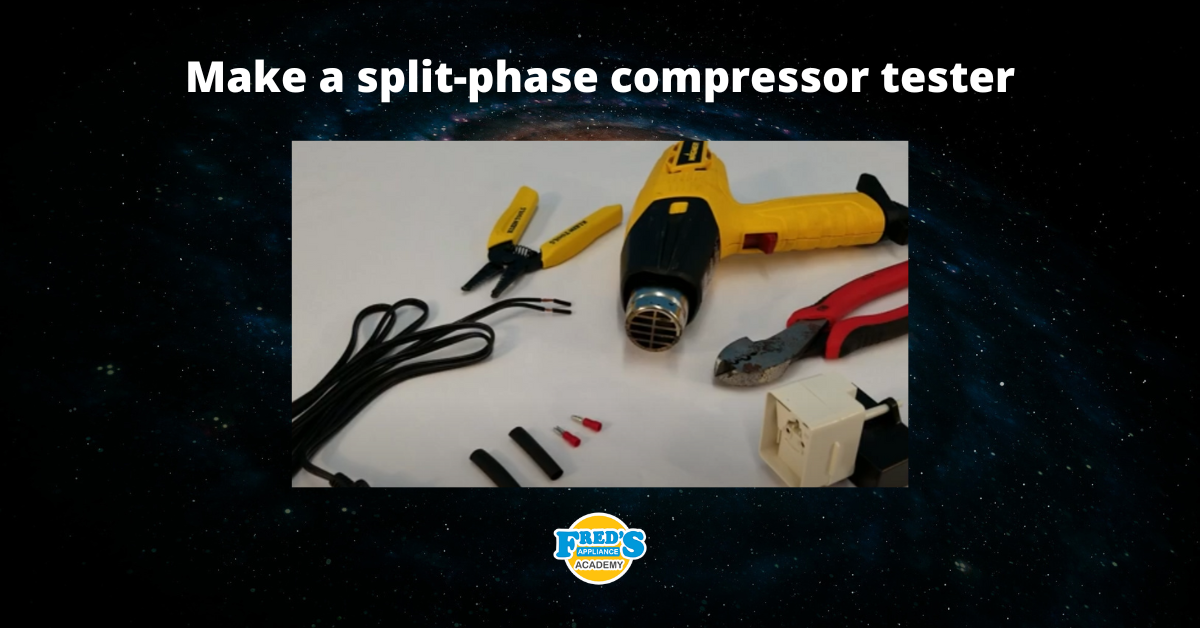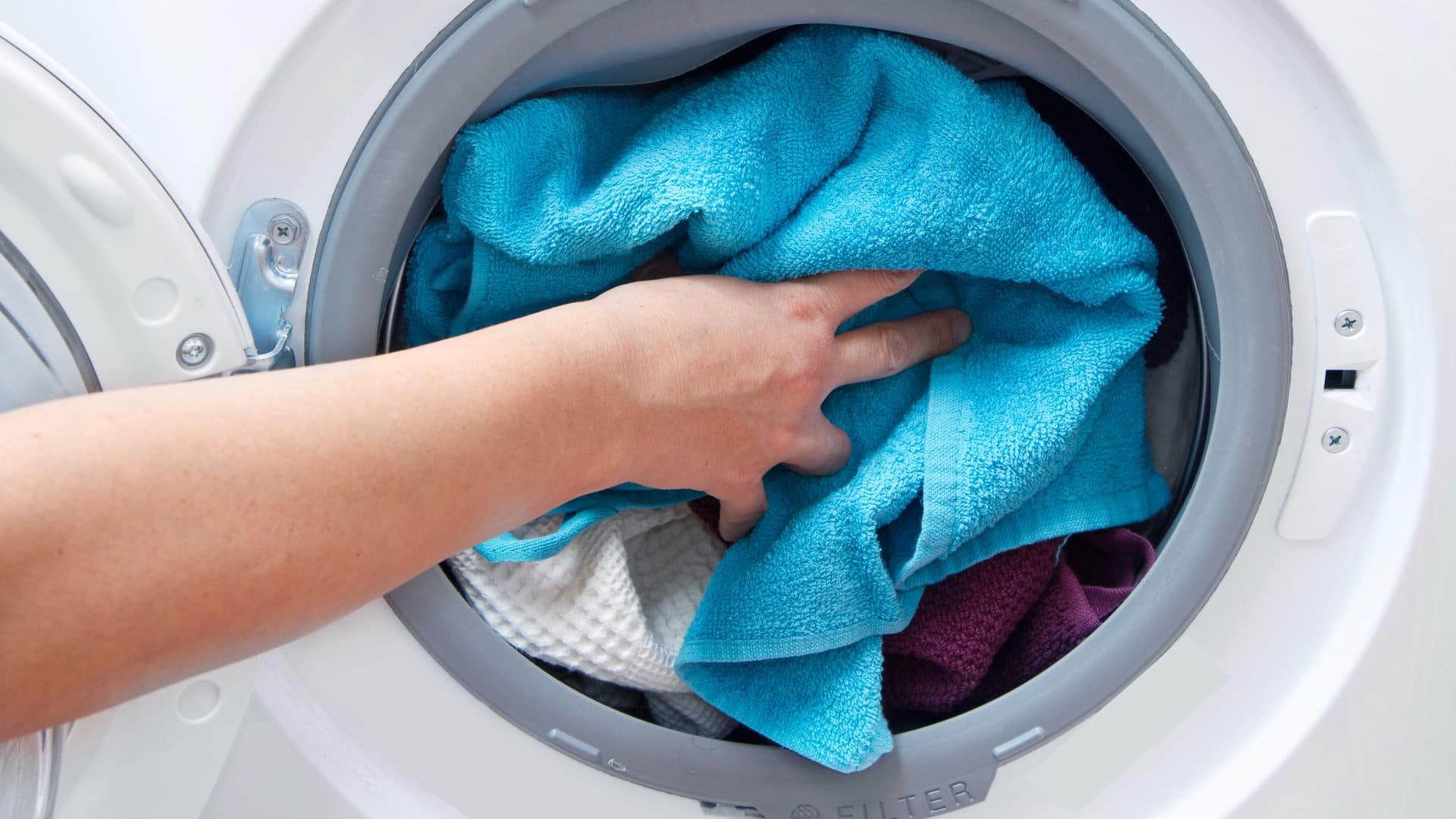
What most people describe as a rotten egg smell is caused by hydrogen sulfide gas. This gas is commonly found in sewers and is caused by bacteria metabolism.
If you can smell hydrogen sulfide coming from your washing machine, it is most likely the result of a buildup of mold, grime, mildew, or old soap in the washing machine itself or a component of it, like the door gasket.
Thankfully, getting rid of this rotten egg smell is incredibly easy – most of the time you just need to give your washing machine a good clean.
In this article, we will discuss the main reasons why you can smell a rotten egg smell and how you can get rid of it. Please note that the first 2 reasons refer to front-loader washing machines; if you have a top-loader washing machine, you can skip straight down to reason number 3.
Reason 1 – Something stuck in the door seal
If you have a front-loader washing machine, there will be a large rubber door seal (sometimes called a bellow or gasket) that goes around the door. The point of the door seal is to stop water from getting out of the washing machine during a cycle.
Sometimes a small piece of clothing, like a sock, can get stuck inside the gasket, and over time it will get covered in mildew. If left for a long time, this can start to smell like rotten eggs.
To make sure the door seal doesn’t have anything stuck in it, you simply need to:
- Pull the door seal back, and look inside it for any loose clothing items.
- If you find any, remove them.
- Give the door gasket a good clean with hot, soapy water.
- After cleaning, leave the door open to let it dry and air out.
Cleaning Tip: It is recommended that after each cycle you should leave the door open in your front-loader washing machine to allow it to dry out. This also stops mildew and mold from being able to develop.
Reason 2 – Clogged drain plug or pump
The next possible cause of the problem is a clogged drain plug in your front-loader washer. In most models, there is a drain plug at the bottom of the washing machine on either the front, sides, or back of the appliance.
To check the drain plug and filter, you simply need to:
- Locate the drain plug.
- If it has a cover plate over it, remove it.
- Once you have access to the drain plug, turn the cap off. Make sure you have an old towel handy, as some water might leak out from it.
- Once the plug is removed, reach into the hole and remove the drain filter.
- Give the filter and drain plug a good clean with hot, soapy water in the sink.
- Clean the areas around the drain plug and filter with hot soapy water.
- Pour a glass of hot water mixed with a couple drops of white vinegar into the washing machine drum; the water should then drain out through the hose – bringing out any grime that is in the hose.
- Once you have cleaned all of the parts, put them back into your washing machine. If you can still smell a rotten egg smell, you’ll need to run your washing machine on a cleaning cycle and check the sewer (see reason 4 below).
Reason 3 – Your washing machine is dirty
If your washing machine is a top-loader washer, the best way to remove a rotten egg smell is to give it a good clean. If you don’t give your washing machine a regular clean, mold, grime, and mildew can start to build up in your washing machine, and a bad smell develops.
Here’s how to clean your washing machine:
- Open the washing machine door.
- Set your washer to the hottest setting and the largest load capacity.
- Once the water starts to fill up, add one quart of bleach (about 4 cups) to the water inside the washer.
- Once the washer is full of water, close the lid and turn it on to a long spin cycle. When the cycle ends, leave the washing machine for about 1 hour before turning it back on and putting it on to a standard wash cycle.
- When the wash cycle ends, turn it to the hottest setting and largest capacity again, and when it’s filling up, add 3 cups of white vinegar and a ½ cup of baking soda.
- When the washer is full, close the lid and turn it on to a long spin cycle again. When the spin cycle ends, open the lid and wipe the washing machine out with a clean cloth.
- Leave the washing machine lid open, and let it dry out for a couple of hours before using it again. If your washing machine still smells like rotten eggs, you’ll need to check the sewer (see below).
Reason 4 – The sewer is clogged
If cleaning your washing machine didn’t work, the final reason you might be smelling rotten eggs from your washing machine is if the sewer or drain is clogged. When this happens, the smell can go through the drain hose and into your washing machine.
Here’s how to solve this problem:
- Locate where the drain hose is connected – it is most likely connected to a standpipe that is connected to your sink.
- Remove the hose from the standpipe, and check if there is a rotten egg smell coming from the standpipe.
- If it’s smelly, start by giving the whole area around the standpipe a good clean with hot, soapy water.
- The smell could also be due to the p-trap being faulty and allowing sewer gas to come up through the drain hose and into the washing machine. To solve this problem, pour a bucket of hot, soapy water down the standpipe. If the smell goes away, this indicates it was due to the p-trap. Sometimes, after pouring hot water down the drain, the p-trap will start working again, and sometimes it will need to be replaced. If the smell comes back, you will need to get a plumber to replace the p-trap.
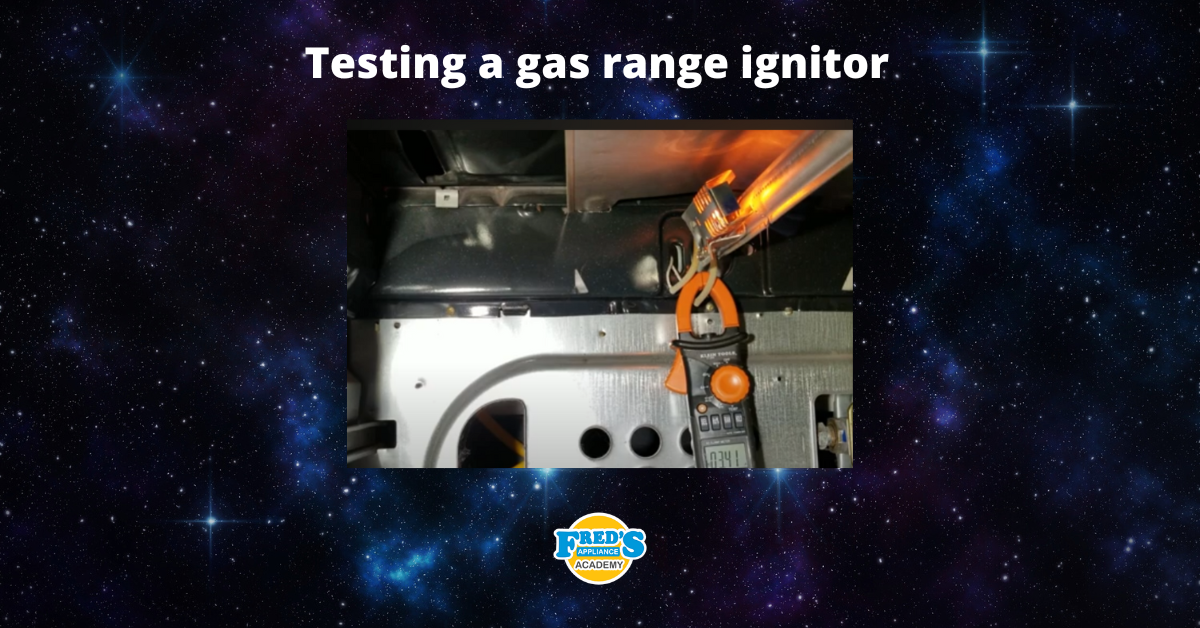
How to test a gas range ignitor

Congrats to our graduating March 2024 class

How to test a 120 volt receptacle

Congrats to our graduating February 2024 class
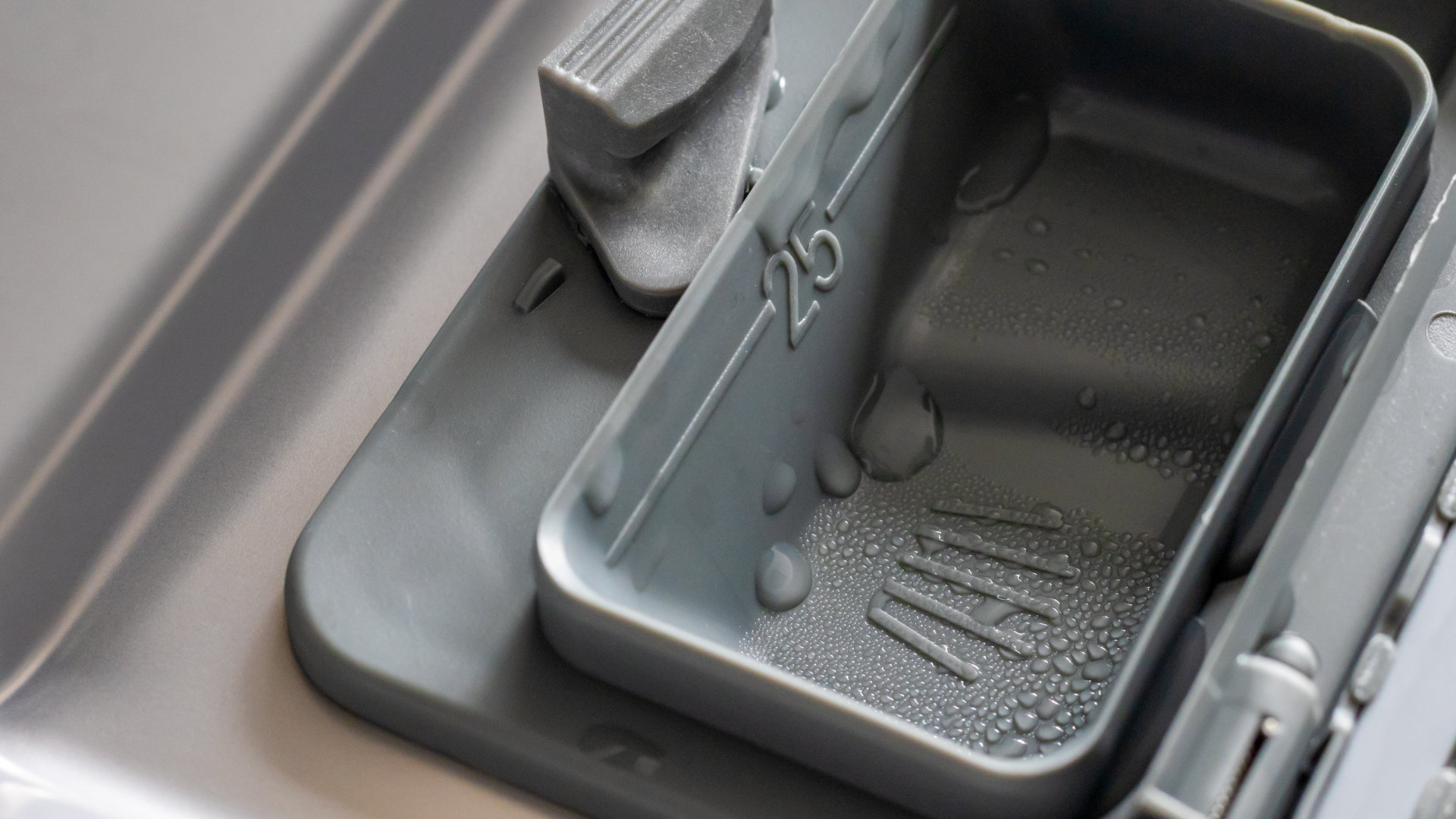
Why Is Your Dishwasher Soap Not Dissolving? (5 Easy Fixes)
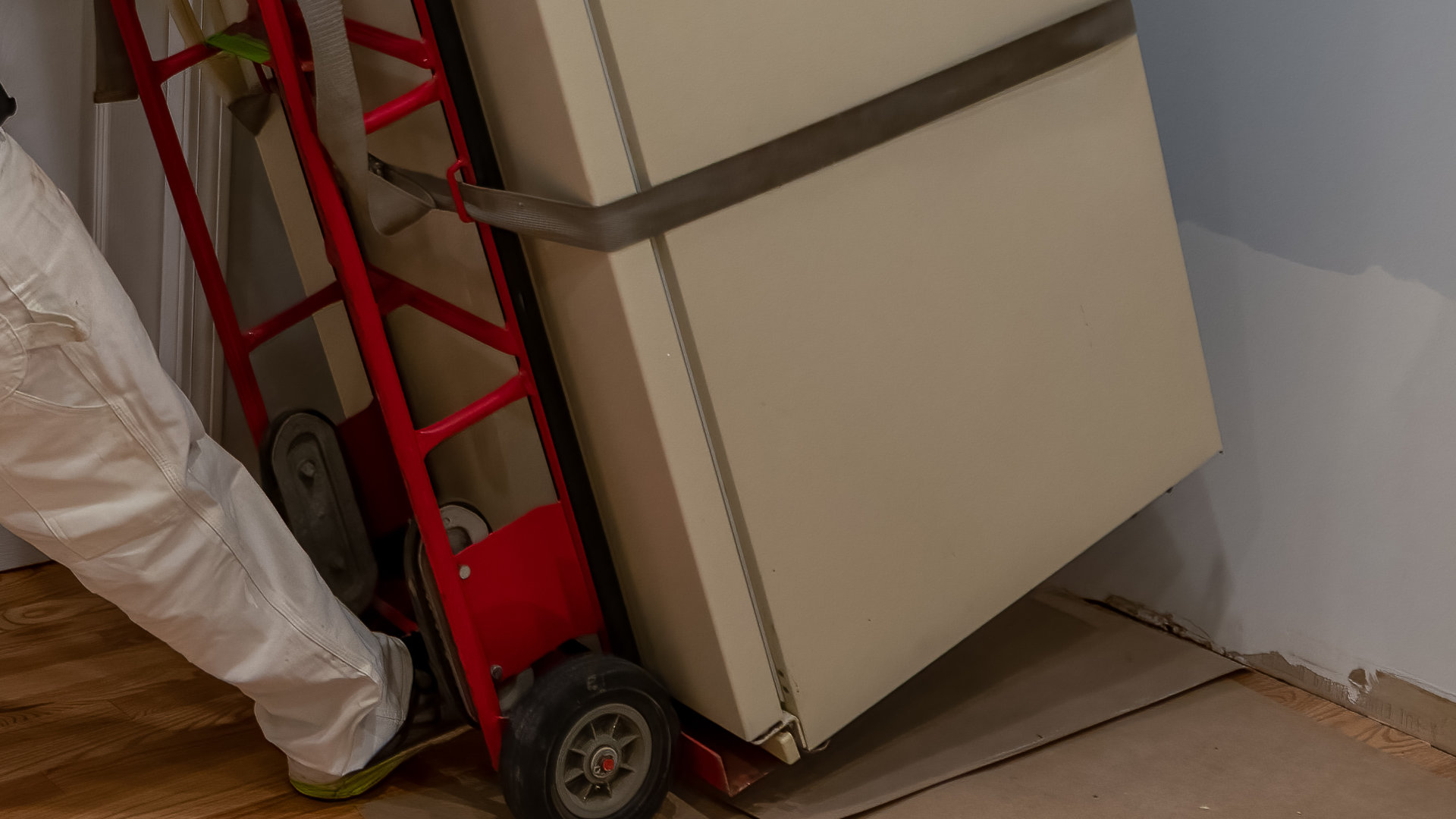
Refrigerator Dripping Water Inside? 5 Quick Fixes

Appliance Industry 2023 Q4 Results

Congrats to our graduating January 2024 class
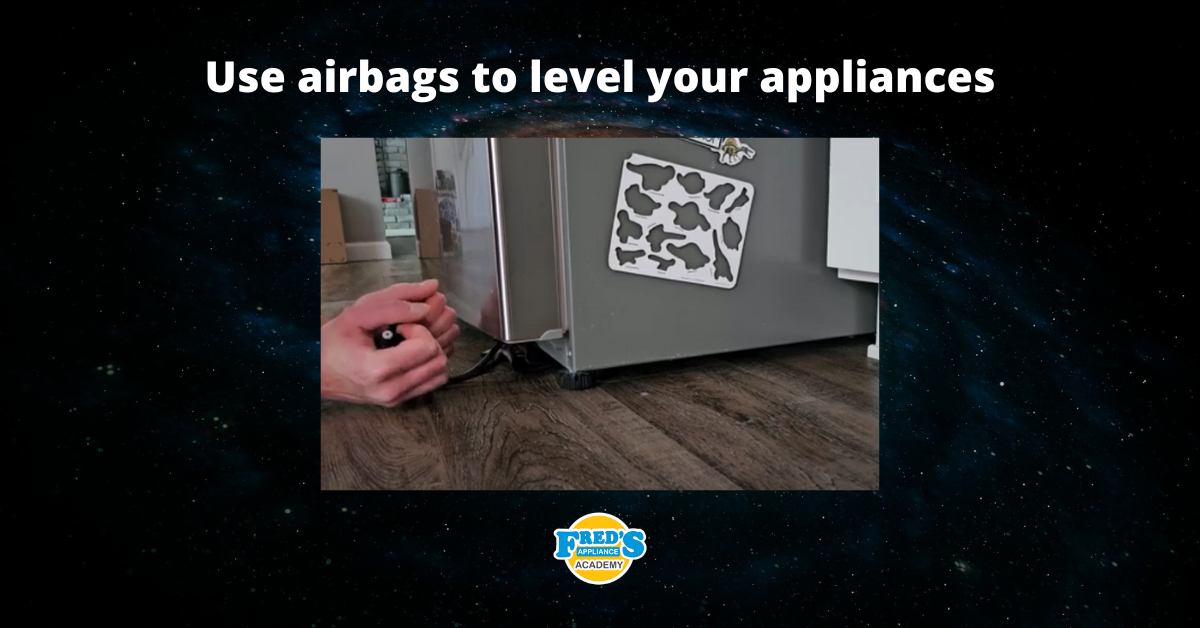
Clever ways to use airbags to level your appliances
